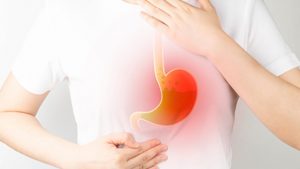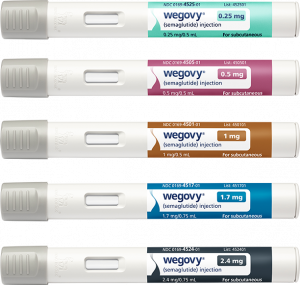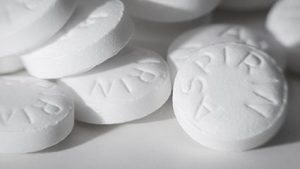
A diet laden with omega-3 fatty acids found in nuts and oily fish might help slow the progression of pulmonary fibrosis, researchers report. Pulmonary fibrosis is a relentless, potentially fatal disease where lung tissue scars and hardens over time. Often tied to smoking, the illness impairs lung function so that patients become short of breath, weak and disabled. The new study was led by Dr. John Kim, a pulmonary and critical care expert at the University of Virginia School of Medicine and UVA Health, in Charlottesville. His team tracked the health of 300 patients with interstitial lung disease — the class of respiratory ailments that includes pulmonary fibrosis. Most had “idiopathic” pulmonary fibrosis (meaning the exact cause of the illness is unknown) and most were men (males are more prone to the disease). Blood tests were taken to gauge each patient’s dietary intake of omega-3 fatty acids. The team found that “higher levels of omega-3 fatty acids were predictive of better clinical outcomes in pulmonary fibrosis,” Kim said in a university news release. Specifically, people with higher levels of the nutrient had lungs that were better able to exchange carbon dioxide and oxygen — a process necessary to life. They also were better able to survive without needing a lung transplant, the study found. “These findings were consistent whether [or not] you had a history of… read on > read on >





































